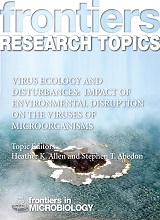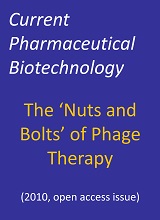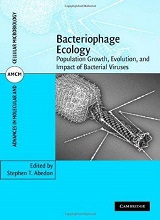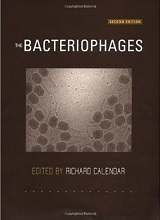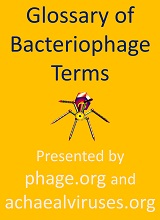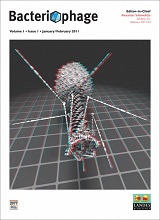
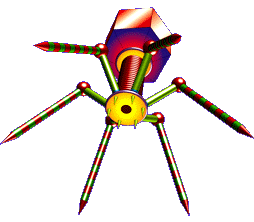
Genetic variation that bestows on an organism an inability to survive.
Newly acquired mutations can be lethal as too recessive mutations that are not typically found in the homozygous state. Experimentally, one can work with conditionally lethal alleles, which allow the propagation of mutants under certain, permissive conditions, but expression of the otherwise lethal phenotypes under other (restrictive) conditions.
Alleles which result in lethality, but only after one or more reproductive episodes, or which are lethal but with less than certain probability, instead should be described as detrimental where an implicit assumption is made that lethality implies a fitness of zero whereas detrimental implies a fitness which is potentially greater than zero. It may be that failure to survive could be beneficial to clone mates (or other closely related individuals), in which case an allele bestowing lethality could even be described as beneficial, at least from an inclusive fitness perspective. It is also possible to achieve a fitness of zero without lethality, in which case the allele would be one which causes sterility (and which in many but not all cases, e.g., ants and bees, would be described as detrimental).
For more on this topic, see Wikipedia and Google. Contact web master. Return to home.
